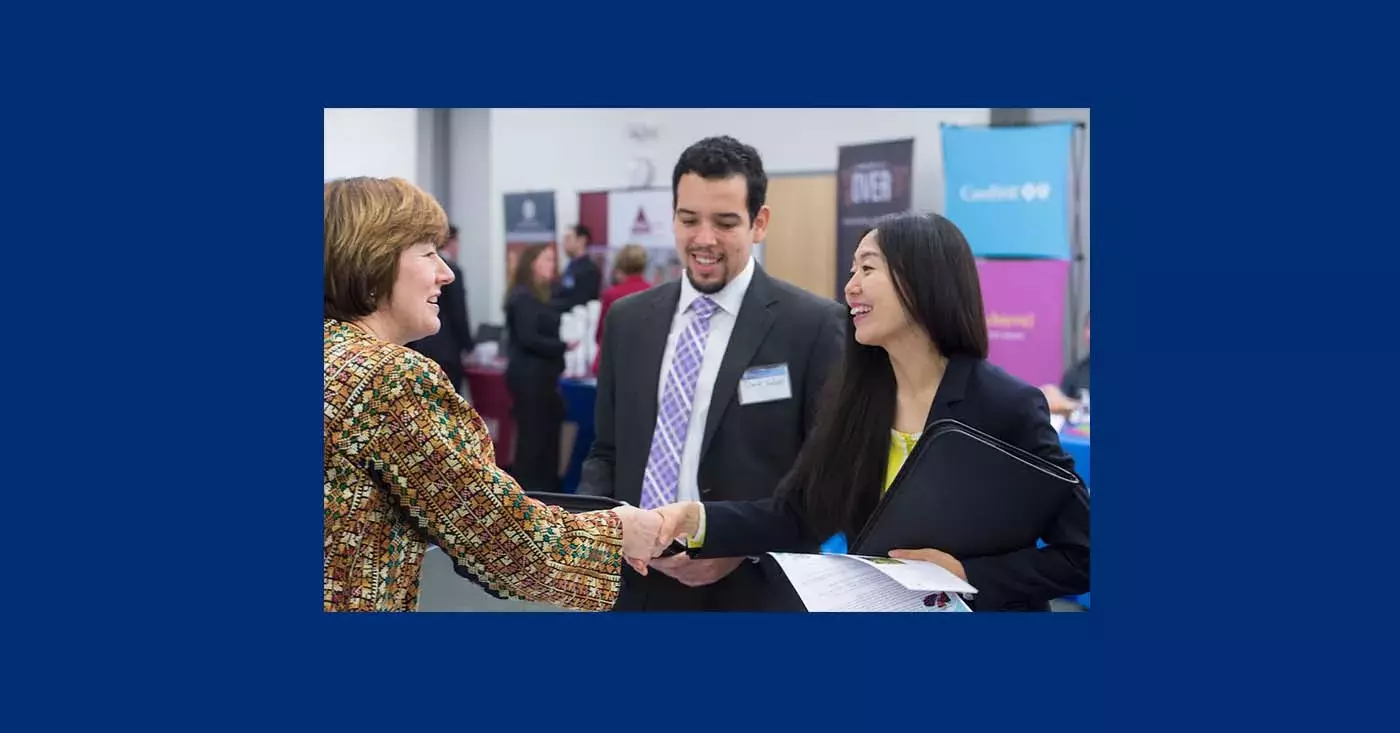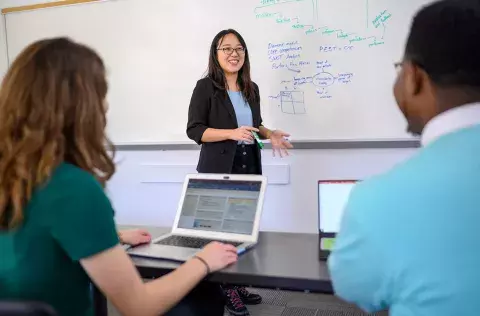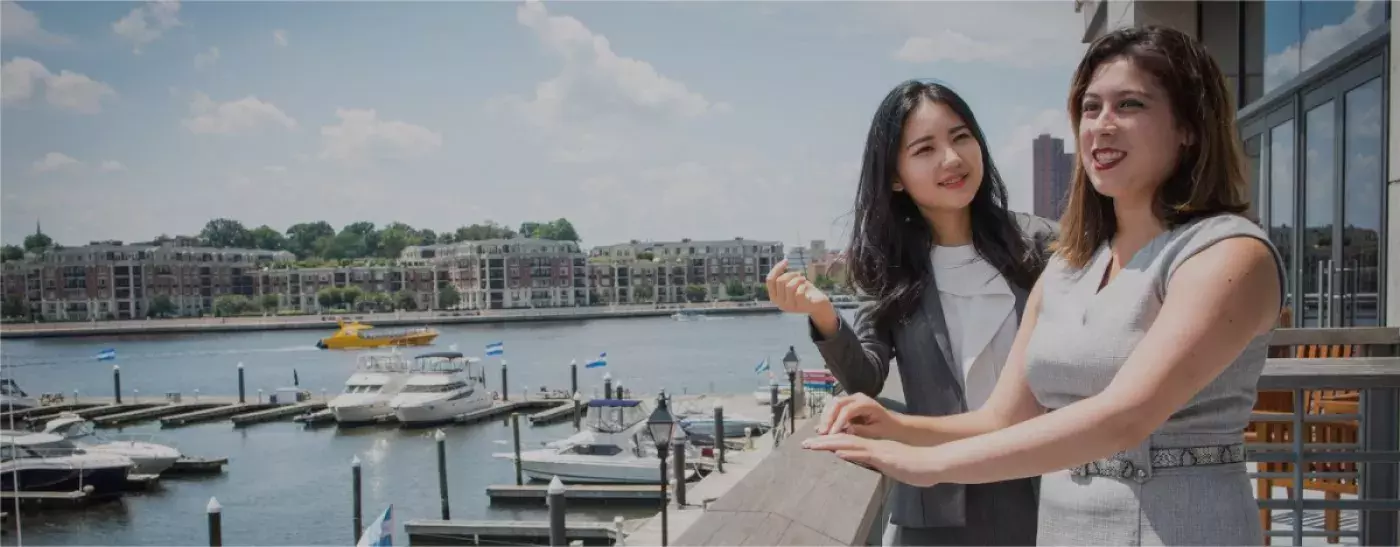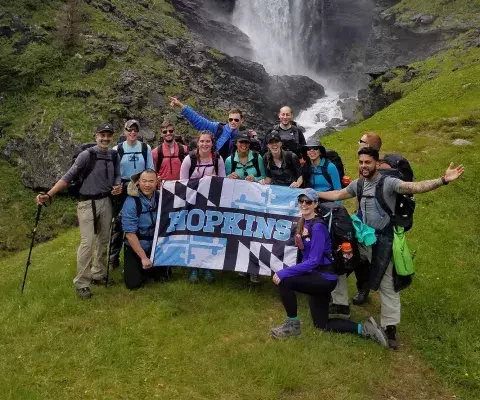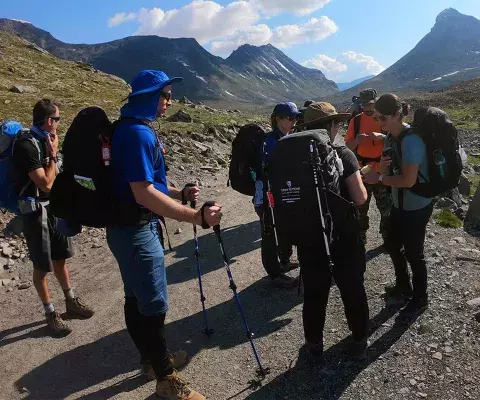Hopkins Conference on Societal Impact Driven Marketing
Hopkins Conference on Societal Impact Driven Marketing
March 15, 2024

Hopkins Conference on Societal Impact Driven Marketing
March 15, 2024
Johns Hopkins Bloomberg Center
Conference Room 820
555 Pennsylvania Avenue, NW
Washington, D.C.
The Hopkins Conference on Societal Impact Driven Marketing brings together marketing scholars interested in advancing to the social good via empirical and theoretical research insights.
For questions, contact Shubhranshu Singh.
Get more information on parking and transportation around Johns Hopkins Bloomberg Center by clicking on these links:
Agenda
8 a.m.–8:45 a.m.
Registration and breakfast
8:45 a.m.–9 a.m.
Welcome and opening remarks
9 a.m.–9:55 a.m.
"Can customer ratings be discrimination amplifiers? Evidence from a gig economy platform"
K. Sudhir, Yale School of Management
Discussant: Zhenling Jiang, Wharton School of the University of Pennsylvania
9:55 a.m.–10:50 a.m.
"Can LLM Adoption Promote Greater Equity? Evidence from Online Consumer Activism Petitions"
Vrinda Kadiyali, Cornell SC Johnson College of Business
Discussant: Liye Ma, University of Maryland Smith School of Business
10:50 a.m.–11:15 a.m.
Break
11:15 a.m.–12:10 p.m.
"Behavioral Skimming: Theory and Evidence from Resale Markets"
Andreas Kraft, University of Chicago Booth School of Business
Discussant: Anita Rao, Georgetown University McDonough School of Business
12:10 p.m.–1:10 p.m.
Lunch
1:10 p.m.–2:05 p.m.
“Minimum Inclusive Product vs. Minimum Viable Product: Improving Upon the Lean Startup Method”
Jeffrey Shulman, University of Washington Foster School of Business
Discussant: Jessie Liu, Johns Hopkins Carey Business School
2:05 p.m.–3:00 p.m.
"A Blessing or a Curse? Teletriage Service in Health Care"
Krista J. Li, Indiana University Kelley School of Business
Discussant: Yogesh Joshi, University of Maryland Smith School of Business
3:00 p.m.–3:25 p.m.
Break
3:25 p.m.–4:20 p.m.
“Experimentation in Product Development: Testing the Effectiveness of Lean Start-up Approaches with Entrepreneurs in Kenya and Uganda”
Frank Germann, University of Notre Dame Mendoza College of Business
Discussant: Evgeny Kagan, Johns Hopkins Carey Business School
4:20 p.m. – 4:30 p.m.
Closing
4:30 p.m.–5:30 p.m.
Reception


